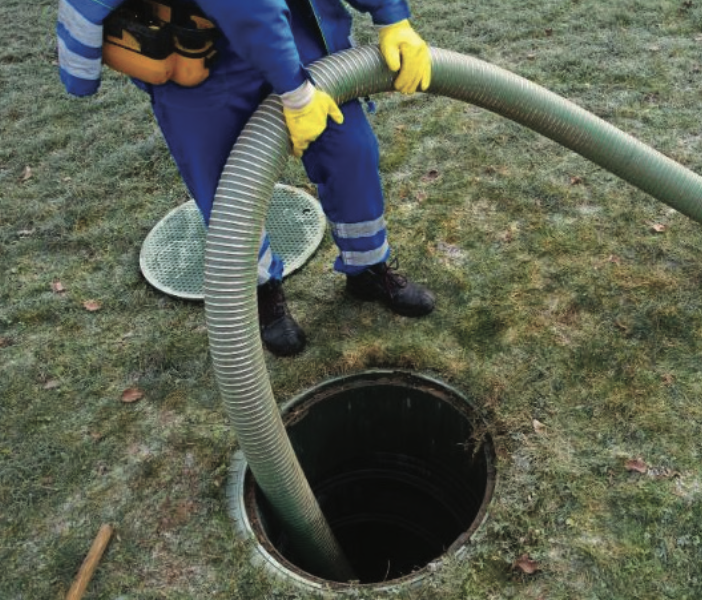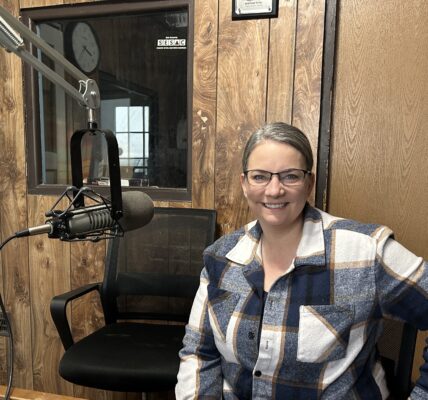On Tuesday, July 8, community members, local leaders, and septic system businesses gathered at the Afton Planning and Zoning Office to address the critical issue of septic waste disposal in Lincoln County. Chief of Staff Stephen Allen described the two-hour meeting as “information only,” welcoming a full room of attendees.
As Afton experiences increased usage of its sewage facilities, it has recently ceased accepting further septic system and portable restroom waste at its municipal sites. The town is currently reconstructing its wastewater treatment facilities to better support local growth, but the system is specifically designed for Afton, not the broader Star Valley area.
This decision has led septic system companies to seek alternative drop-off locations. Representatives at the meeting reported that Marbleton in Sublette County and Granger in Sweetwater County have been accepting waste loads recently. Lincoln County oversees the authorization of permits for wastewater transport and discharge, and each town provided updates on its current septic waste capabilities:
Alpine: Operates a membrane plant that cannot accept outside waste, directing its septic pumping to Pinedale.
Thayne: Does not accept septic transports due to its small sewer system.
Cokeville: Currently operating at 60% capacity.
Star Valley Ranch: Relies on private septic tanks and a small lagoon for RV community discharge.
Labarge: Has a small system but lacks funding for expansion.
Kemmerer/Diamondville: Considering reconstruction of its joint powers system.
Afton Mayor Jeff Jensen emphasized the town’s readiness to participate in finding solutions, stressing the need for alignment with Afton’s priorities. “For us to be part of that solution, it must align with our priorities of serving the citizens of Afton and ensuring the treatment system operates safely, efficiently, and cost-effectively,” he stated. He acknowledged the tough decision, noting the local businesses and community members affected, but emphasized the importance of maintaining the integrity of the existing system.
Scott Milne of Swift Creek Plumbing raised urgent environmental concerns, arguing that transporting septic waste out of the valley is not a sustainable long-term solution. “While the county and commissioners have no statutory obligation to provide treatment for septic systems, doing so is the right thing for citizens who rely on these systems,” he said. Milne stressed the importance of county support in addressing the issue and the need for collaboration to create viable solutions.
Major Green of Alpine expressed a willingness to collaborate, urging the State of Wyoming to take responsibility. “The State needs to understand this is their problem and come up with solutions quickly,” he said. Green also highlighted the need for further studies to assess the implications for Alpine’s sewer plant, which currently discharges effluent into the Snake River.
Allen reiterated the importance of collecting data from septic providers to understand waste volumes and which towns can handle additional loads. He mentioned exploring opportunities in South Lincoln County for potential collaboration.
While no decisions were made during the meeting, the discussions underscored a collective commitment to finding solutions for Lincoln County’s septic challenges. Local leaders remain hopeful for a collaborative approach to avert an imminent waste management crisis.





